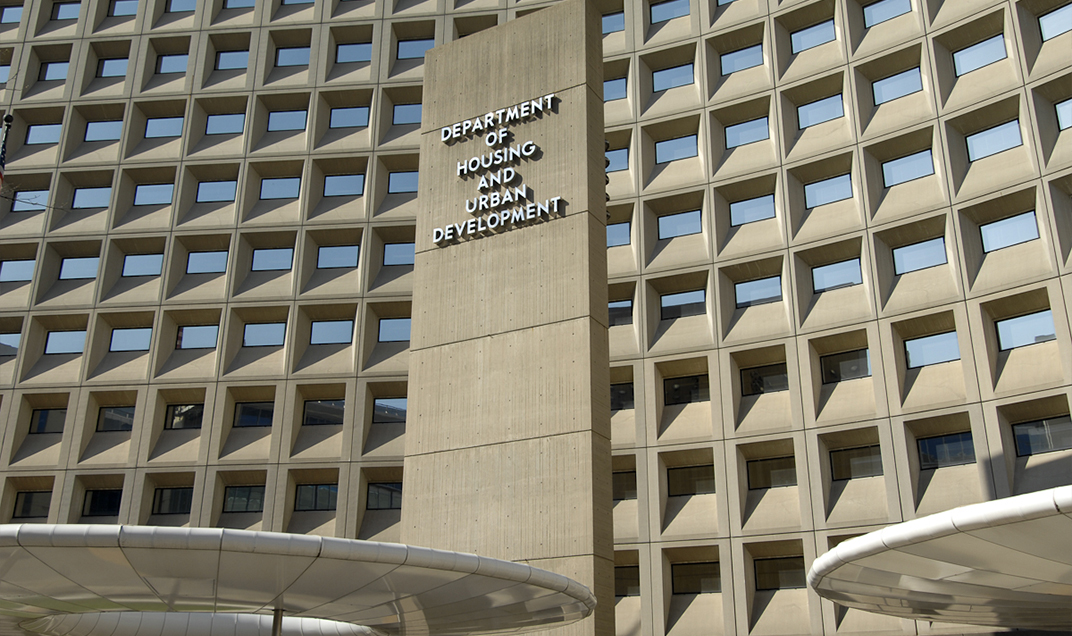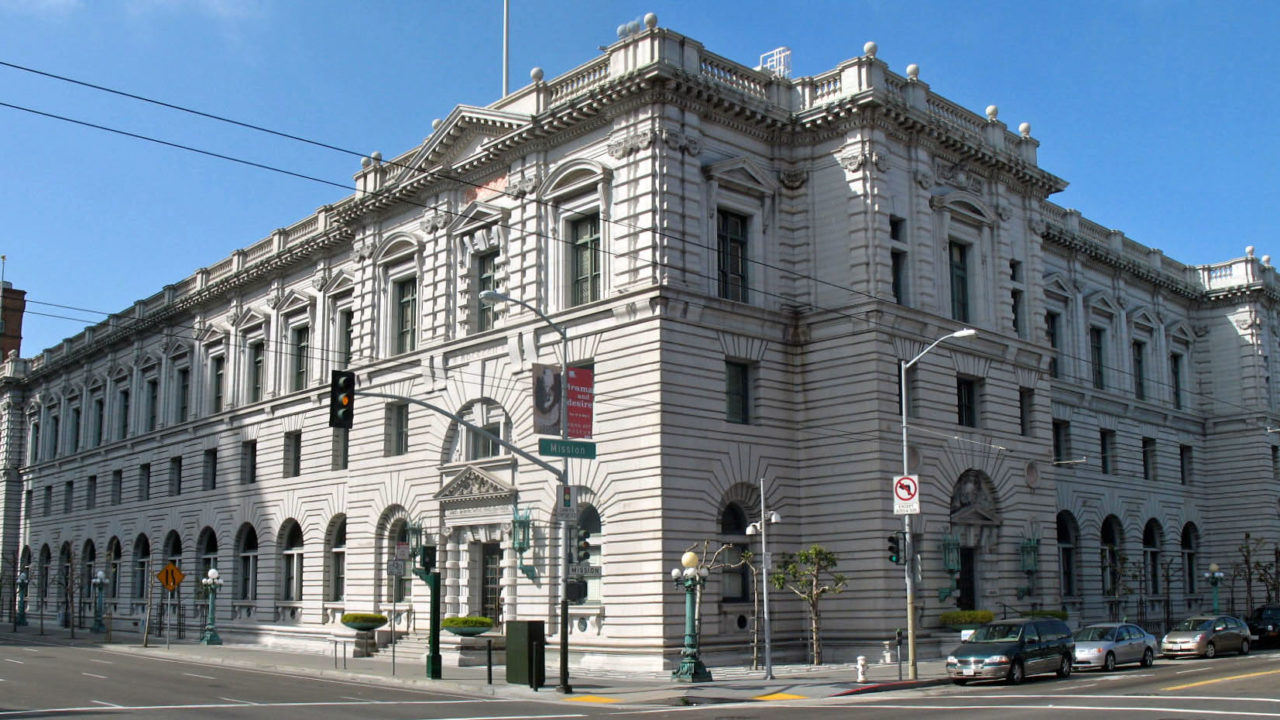Case Status: Victory. U.S. Court of Appeals for the 9th Circuit affirmed district court order granting summary judgment.
White v. Lee

HUD officials barred from silencing housing opposition
Beginning in the 1990s, CIR brought several legal challenges to protect the freedom of speech from meddling bureaucrats and zealous ideologues who resorted to anti-discrimination laws to stifle speech they deemed threatening to their interests.
One of the most shocking examples of this abuse involved the use of federal housing discrimination law to suppress opposition to public housing projects. In 1993, Berkeley residents Joseph Deringer, his wife, Alexandra White, and neighbor Richard Graham learned of plans to convert the town’s Bel Air Hotel into a shelter for homeless people, including alcohol and drug abusers. The shelter abutted their property and was also near several liquor stores.
The news prompted them to write a letter to the developer and set about making leaflets, speaking at town meetings, and generally protesting the construction. Unknowingly, however, they had stepped on a Department of Housing and Urban Development (HUD) regulation, based on the Fair Housing Act, that barred anyone from interfering with efforts to provide housing opportunities for racial minorities or the disabled.
Housing Rights, Inc., a Berkeley housing rights advocacy group filed a complaint with HUD alleging that White and the others were impairing their ability to ensure equal housing. The “Berkeley Three” first received a HUD notice that warned them of an impending $50,000 fine. Months of harassment from HUD followed, and these concerned citizens were forced to sue in San Francisco federal court to affirm their right to protest government actions.
The Ninth Circuit ruled in favor of the “Berkeley Three,” declaring that they had been involved in the “essence of First Amendment expression.” LaVera Gillespie, the director of the area’s branch of HUD during the investigation, was found personally liable for abridging the free speech rights of the three plaintiffs on the grounds that no reasonable person would have thought such an investigation to be lawful.


